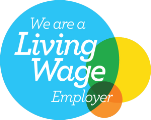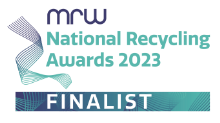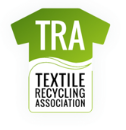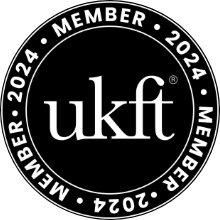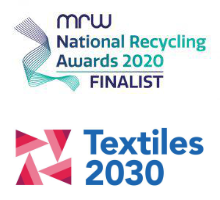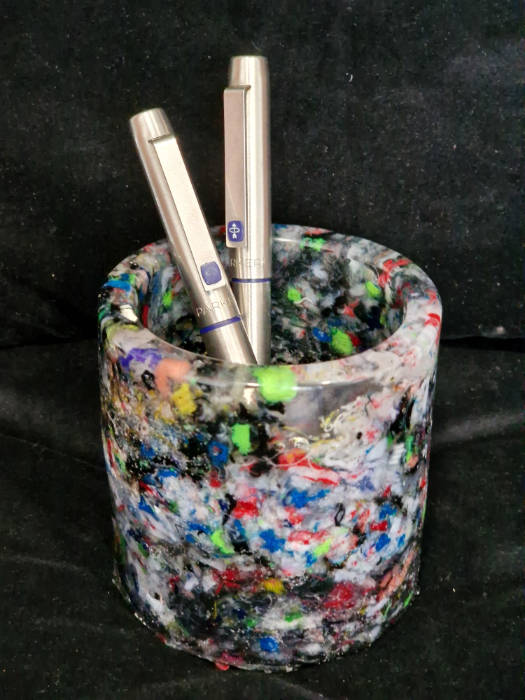Every brand wants an effective online return process and they are a necessity in e-commerce but that experience doesn’t have to come at the planet’s expense. And whilst many brands are doing an incredible job at ensuring their returns don’t damage the environment, some could still be doing better.
Here at Roberts Recycling, we are proud to share that we work closely with many high street retailers to help them create a more sustainable exit strategy for their returns/overstock. We take the hard work out of ensuring these returns do not go to landfills.
Every year, five billion pounds of returned products and packaging ends up in landfills and most of it has a huge effect on the environment. Whilst the return process might seem easy and quick to the consumer, behind the scenes this ease of use is exactly what makes it harder for the retailer to protect the environment from their returns.
We believe it is all about balance. Being able to offer your customer that easy return is important but the right return policy and the process should create a balance of simplicity for your customer, whilst also being environmentally responsible. So what might this look like?
Prevent Returns Before They Happen
Yes, it may be difficult to have zero returns but there are ways to reduce the number of returns a business gets. Retail companies, should start by addressing the most common reason consumers return their items. By asking customers to state why they are returning something, companies can gather the data and identify where they can improve.
This might be providing more details around sizing, accurately showing the quality of products by using high-quality website images, and ensuring orders are correctly managed to ensure customers don’t receive incorrect or damaged items.
Address Paper Returns
The less paper we can use the better. If brands are still placing return labels in their packages, then we’d say stop. A returns label in every customer’s package, not only means they are using a lot of paper but it also makes the returns process extra easy for the customer. Which yes, sounds good, however, it actually makes the consumer more likely to return items because it involves no thinking at all on their half.
By offering a QR code (that the post office can print) or using a portal, rather than pre-printed return labels, brands are drastically cutting down on their paper use, whilst also allowing the customer to think more before sending an item back. Likely, cutting down the number of returns.
Resell Used Items
Maybe not something every brand could offer but there is a rising number of companies who are creating pages on their websites, where they sell returned items. Patagonia is a perfect example of this. When a customer returns an item, Patagonia puts the item on its Worn Wear site at a discounted price. If the item isn’t sellable, then the materials are recycled and turned into completely new products, which are also sold on the site. It’s a win-win all around.
Donate Returned Items
We are very thrilled to be able to say that this next bit is exactly where we can help. By donating returned items to a donation centre or a charity that will accept used products such as us at Roberts Recycling, companies can help those who are in need of unwanted clothing and help raise money for charities in need.
This is a great approach for brands because not only does it promote a positive light on the company but it allows retailers to still offer more flexible returns.
So yes, online returns do add to the current problem of landfills, which are damaging the environment and ultimately adding to the problem of global warming. However, this does not mean brands have to stop offering free returns. There are ways in which free returns can be done so that the returned clothing is managed in an environment-friendly way.
